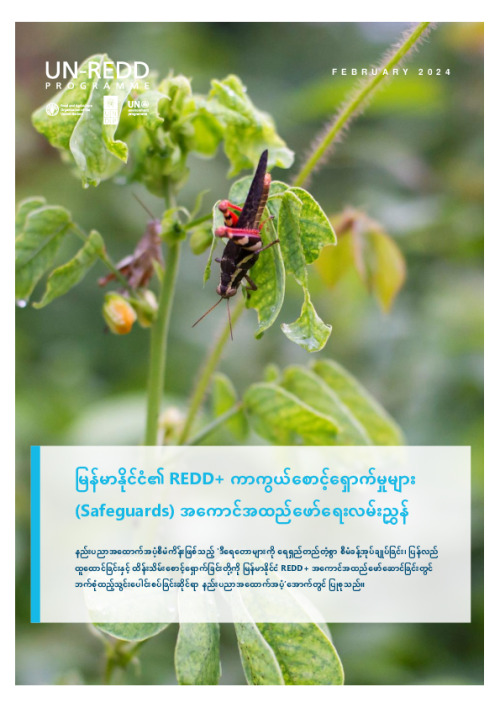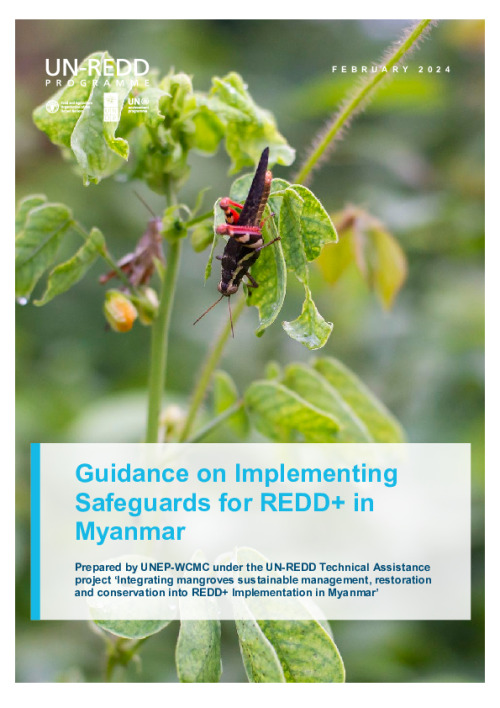SUMMARY REPORT AND THE POST ASSESSMENT RESULTS REDD+ Academy for MFF IUCN Staff in Asia Regional
The importance of mangroves in coastal zone protection is widely appreciated, stabilizing underwater sediments and preventing erosion and damage to shorelines due to storms, hurricanes and floods.
Other environmental services of mangroves are not so widely known, such as their importance in maintaining water quality, filtering impurities and pollutants and providing a home for many fish, crab, shrimp and mollusc species.[HE1] [HE2] Mangroves also support local livelihoods, not only through these environmental services, but also as a source of fuelwood and construction material – the wood of many species is resistant to fungal and insect pathogens[BV3] .
In a climate change perspect[HE4] ive, mangroves play a mitigation role as well as having adaptation co-benefits. Where mangroves have not been degraded, people can enjoy greater protection as mangroves can protect against storms and waves.
As an initiative to add more prominence for mangroves, Mangroves For the Future (MFF) in partnership with UNDP and IUCN[HE5] , held a five-day training course in the fourth week of January 2018. While the focus was on including[HE6] mangroves and associated coastal ecosystems in the REDD+ agenda in Asia, technical support for the workshop was provided by the UN-REDD Programme.
The programme incorporated[HE7] the 12 modules of the REDD+ Academy as the structure to affirm the importance of the sustainability of mangroves. Through these modules, the training course focused on the close connection between mangroves and REDD+ with the final agreement being made to advocate the respective governments of the MFF at national level to acknowledge the importance of preserving mangroves.
The main highlight of the event was the development of a knowledge base for REDD+ readiness and implementation, with specific attention given for developing suff[HE8] icient ways to integrate mangrove/coastal forest ecosystems with REDD+.
With 22 participants from nine countries of the MFF, other IUCN participants, eleven experts and competent facilitation, the event was considered[HE9] a success by all who attended it. The participants were from Bangladesh, Cambodia, India, Indonesia, Myanmar, Pakistan, Sri Lanka, Thailand, Vietnam and Bangkok for this event.
For more information, contact
Download the resource
Size: (4.829 MB)


